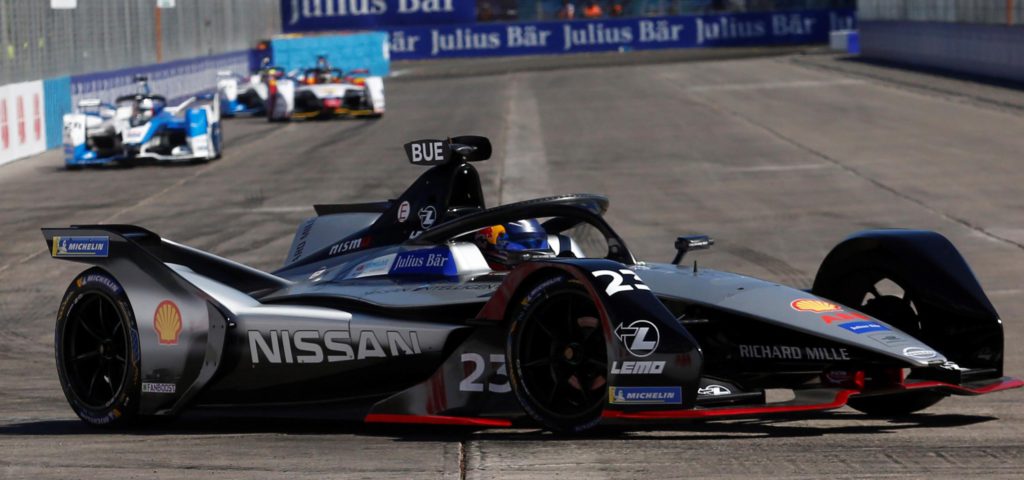Motorsport is relevant when it comes to vehicle development
22 March 2019

22 March 2019
Following the economic crisis of 2009, manufacturer participation in motorsport was starting to wane. However, over the last few years, there has been more interest from carmakers in competing across the various forms of motorsport.
New series have emerged in that time, while rule changes in existing categories have opened them up to more interest as technological developments in motorsport filter through to road cars. With the changing automotive landscape, motorsport can play a crucial part in the rapid development of new systems.
Therefore, Autovista Group’s latest poll asked readers which form of motorsport they felt was more relevant to the development of road cars.
The winner, with 39% of the vote was Formula E. The electric vehicle (EV) racing championship pitches some of the world’s best drivers against each other in single-seater cars built around a fully electric powertrain. For the 2018/19 season, the battery technology has been improved, with cars now able to last a full 45-minute event on one charge. Previously, drivers would swap cars halfway through the race. These improvements in battery technologies have seen new teams enter, with manufacturers such as BMW, Mercedes-Benz, Porsche, PSA Group, Audi and Nissan looking to the series to help build better EVs for the road. Many believe it is the most relevant form of motorsport for today’s automotive world, especially with the push for EVs due to new CO2 restrictions.
In second was Formula 1, gathering 30% of the poll. Since 2014, the sport has made use of 1.6-litre engines with hybrid technology, gathering energy from the turbo and regenerative braking and using it as a power boost. The hybrid-era, as it is known, has seen more complex engine designs emerge from Mercedes-Benz, Ferrari, Renault and Honda for example. Development of these engines is expensive but the technology has filtered into road cars, with Ferrari in particular using energy recovery in its new supercars. It is telling that when the sport’s rule-makers looked to remove the turbo energy recovery system (MGU-H) from the sport in 2021, carmakers petitioned to keep it.
In third place, and some way behind, with 16%, was RoboRace. This is an upcoming series, currently in development, that will see driverless racing cars compete on circuits around the world. The cars are mainly being developed by technology companies but their systems will likely be the same as those used in road cars of the future.
Next came the World Endurance Championship (WEC) with 9%. This series has suffered from manufacturers pulling out in recent years and now only Toyota remains, whereas once the championship boasted the likes of Peugeot, Audi and Porsche taking part in races, including the prestigious Le Mans 24. With the need to ensure cars remain on the track for longer, the WEC promotes efficiency. In recent years, hybrid power has also helped teams to increase the power output of their engines.
With 4% came Touring Cars, with championships all over the world. These series teach more about the aerodynamics of a vehicle and offer aspects of engine tuning from which manufacturers can learn. The ′other’ category gained a 2% share of the vote, with every comment citing the World Rally Championship. This is another area where efficiency, engine tuning and aerodynamics play an important part and can lead to improved road vehicle designs – or even special models that can captivate and build consumer awareness.